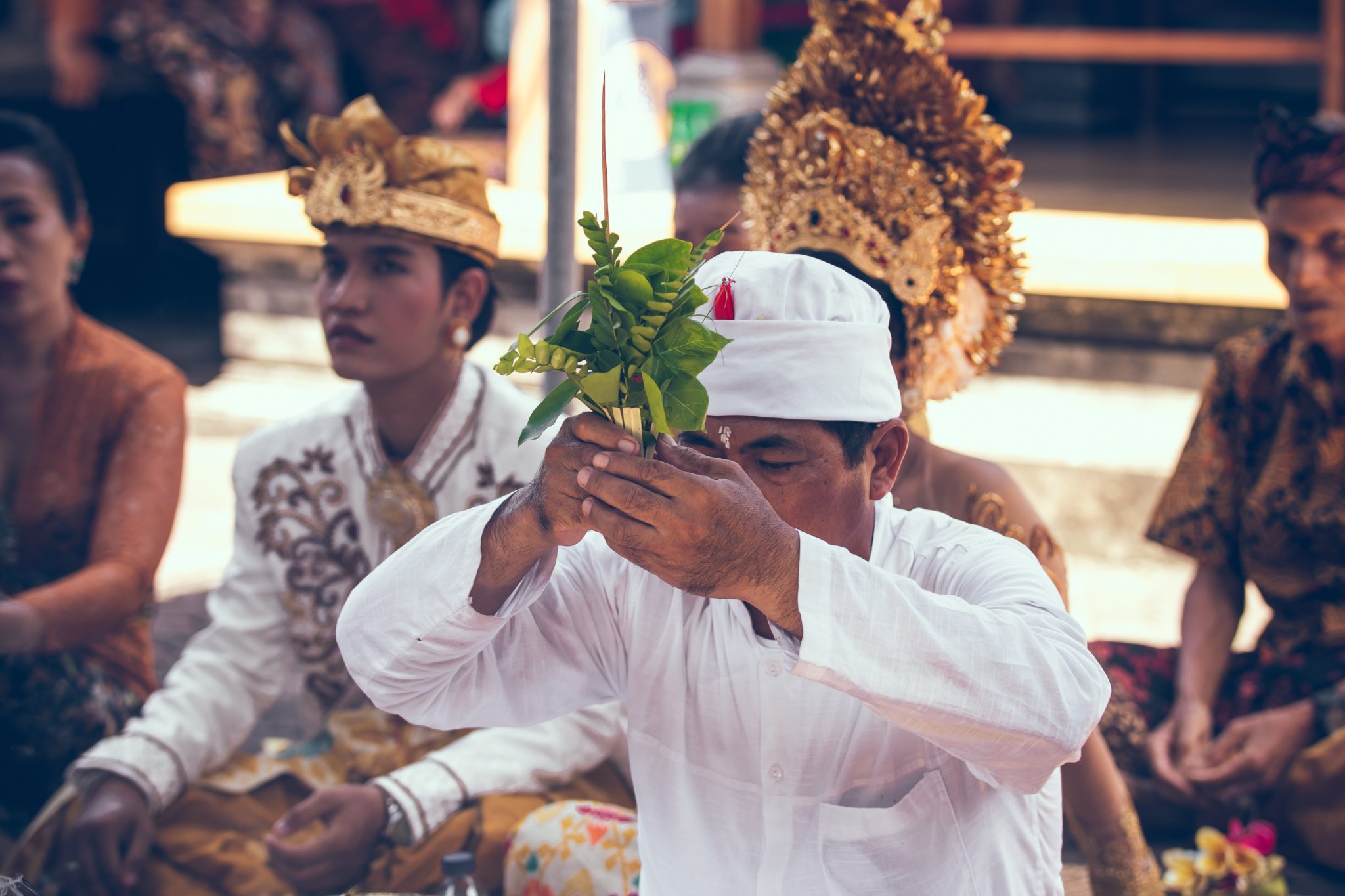In an increasingly interconnected world, the dialogue between spiritual traditions offers profound opportunities for mutual understanding and coexistence. The Bahá’í teachings, emphasizing the oneness of humanity and the universality of divinity, provide a robust framework for engaging with diverse religious practices, particularly those found within Hinduism. Both traditions, while distinct, share essential tenets that can facilitate harmony and collaboration among followers. This article will examine how Bahá’í principles can be effectively utilized to build bridges with Hindu neighbors, focusing on the concept of God within and the shared spiritual aspirations that both communities hold dear.
To commence, the notion of God as an intrinsic element of the human experience is a fundamental aspect of both Bahá’í and Hindu belief systems. The Bahá’í faith posits that every individual possesses a divine essence, which reflects the light of God. This belief is echoed in Hindu philosophy, particularly in the concept of Atman, or the individual soul, which is considered a microcosm of the supreme reality, Brahman. Understanding this shared belief presents a poignant opportunity for dialogue. Bahá’ís can acknowledge this divine spark within their Hindu neighbors, fostering respect and appreciation for the rich tapestry of Hindu spirituality.
Furthermore, the Bahá’í teachings underscore the importance of justice, love, and compassion—virtues that resonate profoundly within Hinduism as well. The principle of Dharma, central to Hindu ethics, emphasizes the moral order and duty, paralleling the Bahá’í commitment to social justice and equity. Engaging in discussions about these shared values can pave the way for collaborative initiatives, such as community service projects or interfaith dialogues. By acting on common ethical foundations, Bahá’ís and Hindus alike can demonstrate their commitment to both spiritual and social upliftment.
Another vital facet of building relationships with Hindu neighbors is the recognition of the diversity inherent within the Hindu tradition itself. Hinduism is not a monolithic faith; rather, it encompasses a wide array of beliefs, practices, and sacred texts. This plurality echoes the Bahá’í understanding that God’s revelation is progressive and adapted to the needs of the time and place, manifesting in different ways across various cultures. By approaching Hinduism with humility and an openness to learn, Bahá’ís can foster dialogues that celebrate this diversity. This exchange of perspectives offers a rich soil for planting seeds of mutual respect and understanding.
Moreover, the concept of seva, or selfless service, holds great significance in Hindu practice and can serve as a conduit for Bahá’ís to engage with Hindu communities. Seva emphasizes the importance of serving others without any expectation of return, embodying the spirit of altruism that is paramount in both faiths. By participating in or organizing service activities that benefit the local community, Bahá’ís can not only contribute positively but also cultivate relationships rooted in shared humanitarian values. Such initiatives can forge lasting bonds, illustrating the practical application of spiritual principles in everyday life.
Cultural exchange is another integral component in establishing rapport with Hindu populations. The Bahá’í teachings advocate for the appreciation of cultural diversity as a divine blessing. Engaging with Hindu festivals, such as Diwali and Holi, allows Bahá’ís to partake in these joyous celebrations, fostering an atmosphere of camaraderie and interconnection. In return, inviting Hindu neighbors to Bahá’í events can also provide a platform for cultural understanding, enabling both groups to enrich their spiritual journeys through shared experiences.
In the realm of education, the Bahá’í viewpoint encourages the pursuit of knowledge and understanding as a pathway to unity. Both traditions emphasize learning about one another’s beliefs, histories, and values, which nurtures a deeper connection. Hosting educational workshops or discussion forums where Bahá’ís and Hindus can explore themes such as the nature of God, the purpose of life, and the role of humanity in the universe can stimulate meaningful dialogues. Such academic exchanges will not only dispel misconceptions but also accentuate the profound wisdom that each tradition has to offer.
Addressing social issues collaboratively also plays a pivotal role in forging stronger ties with Hindu neighbors. Many Hindus are keenly interested in addressing global challenges such as poverty, environmental sustainability, and systemic injustice. The Bahá’í teachings encourage proactive engagement in social goals, thus providing a common platform for partnership. Collaborative advocacy work targeting local issues, such as urban poverty or education disparity, serves as a proactive means of creating a shared purpose while reinforcing the commitment to uplift the well-being of the broader community.
Lastly, nurturing interfaith relationships is an ongoing process filled with opportunities and challenges. Building bridges with Hindu neighbors is deeply embedded in the Bahá’í commitment to creating a world guided by unity and peace. By continuously fostering dialogues, participating in joint activities, and engaging culturally and socially, Bahá’ís and Hindus can manifest the core teachings of their respective beliefs — that humanity is one, and that understanding and love are paramount pursuits. The endeavor to connect with those who maintain different spiritual traditions ought not be seen merely as an act of outreach but rather as a profound journey towards mutual enlightenment and deeper communal bonds.
